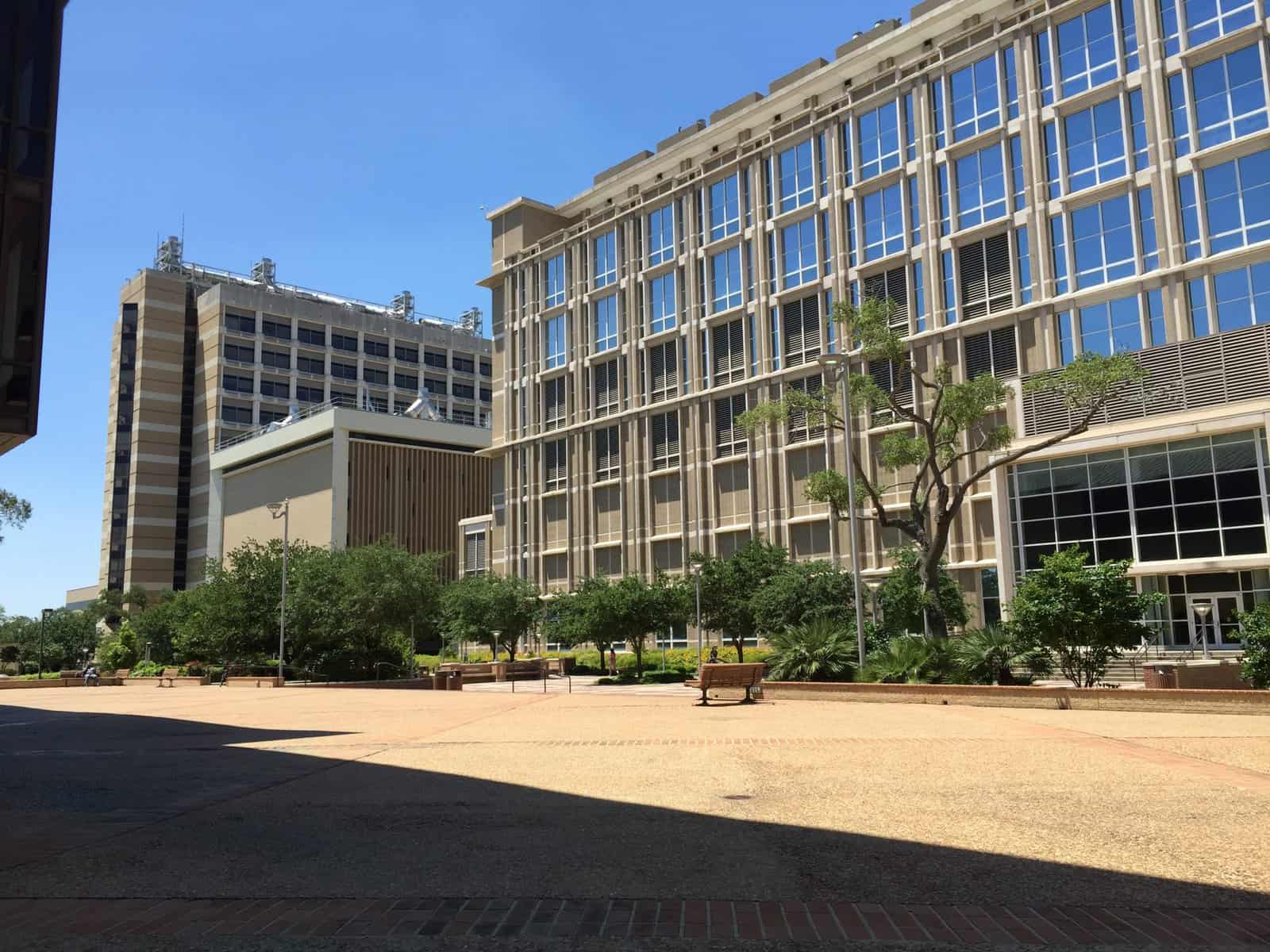
James Le Duc, a biosafety expert and virologist who collaborated closely with the Wuhan Institute of Virology, outlines how he might investigate whether that lab or any other in Wuhan could be implicated in the COVID-19 pandemic in an email obtained by U.S. Right to Know.
In a June 2021 email titled “What would Jim do?,” Le Duc proposes a set of questions and a survey of coronavirus research at the Wuhan Institute of Virology and other nearby labs.
Le Duc suggests a “detailed examination of the work underway” at each lab, including:
- specimens from bats collected from the field
- attempts to adapt [coronaviruses] to growth in cell cultures
- gain of function research
- the use of humanized mouse lines expressing human lung ACE-2 receptors
“If nothing significant [was] found, it would help reassure the world that it is unlikely that SARS-CoV2 originated from a laboratory,” Le Duc wrote in the email, which was sent to staff at the National Academy of Sciences.
U.S. Right to Know obtained the emails through a Texas Public Information Act request.
In a separate email published by U.S. Right to Know last year, Le Duc expressed concerns that a lab accident would have been more likely to happen at less secure BSL-2 or BSL-3 labs than the high security BSL-4 lab that has been the focus of international attention and concern.
Still, the investigation proposed by Le Duc as necessary to absolve Wuhan’s labs has yet to be conducted.
Le Duc provided training to Chinese researchers who worked at the Wuhan Institute of Virology — including in biosafety, lab operations and biocontainment — through a formal cooperative agreement. Since 1986, he has traveled to Wuhan to assist the lab and to meet with Yuan Zhiming, a director at the Wuhan Institute of Virology.
Le Duc was the longtime director of the Galveston National Laboratory at the University of Texas Medical Branch until his February 2021 retirement. The Galveston lab and the Wuhan Institute of Virology are two of three labs in the world that perform similar risky research on novel coronaviruses, according to Richard Ebright, board of governors professor of chemistry and chemical biology at Rutgers University.
While the email has not previously been reported, Le Duc’s questions were also shared at a public meeting of the World Microbe Forum in June 2021.
Le Duc did not respond to a request for comment.
In other media interviews, Le Duc has expressed warm feelings about Shi Zhengli, the director of the Center of Emerging Infectious Diseases at the Wuhan Institute of Virology, and their scientific collaborations. Still, Le Duc has said he supports an impartial investigation into all possibilities related to the pandemic’s origins.
More questions
In the 2021 email, Le Duc suggests this investigation should include an evaluation of the levels of biocontainment used in Wuhan’s labs and an examination of the biosafety infrastructure in place.
Elements of lab safety Le Duc drills down on include whether any of the labs were studying coronaviruses that can replicate in culture, which may have made them better adapted to infect human cells. He also asks whether biological safety cabinets were certified and used; whether the lab has a history of disgruntled employees; and whether there is controlled access to pathogens.
He suggests an examination of whether the air handling systems were properly maintained, citing the 1979 release of anthrax from a Soviet lab.
In an earlier email exchange in April 2020, former president of the American Society of Tropical Medicine and Hygiene Phillip Russell voiced concerns to Le Duc about obfuscation by scientists akin to the longtime coverup of that lab accident.
“This reminds me of the efforts by Matt Messelson [Meselson] and many colleagues to coverup up the Sverdeslosk [Sverdlovsk] anthrax outbreak,” he wrote. “They succeeded for many years aided and abetted by many in academia until Ken Alibek defected and the truth came out.”
Le Duc also suggests an evaluation of waste decontamination procedures, citing a 2001 foot-and-mouth disease outbreak in the United Kingdom that resulted from wastewater runoff from a lab.
‘Unfortunately, I never received a response’
Le Duc, who provided training in biosafety to some Wuhan Institute of Virology staff, suggested asking whether personnel were properly trained in key instruments like autoclaves, a sterilization tool. He also asks whether there is a history of needle sticks or accidental exposures at Wuhan labs.
He asks: Were any employees sick in the months prior to the start of the pandemic? Were family members or close contacts sick?
Le Duc suggests that investigators could test whether serum banks contain antibodies to SARS-CoV-2, the virus that causes COVID-19.
Further, he asks, is there an occupational health program or special clinic that serves staff from each institute where coronavirus research was underway? If so, did they see an uptick in cases consistent with COVID-19?
Le Duc posed a similar set of questions to his former collaborator Zhiming, according to an email uncovered by U.S. Right to Know in December.
“Unfortunately, I never received a response,” he wrote.
Written by Emily Kopp









